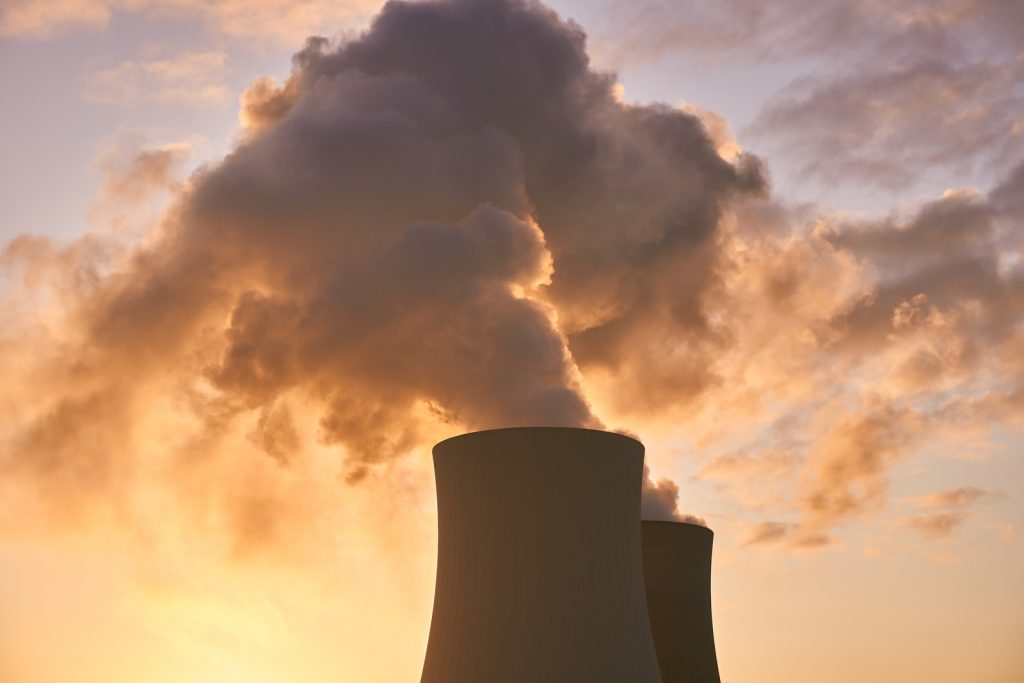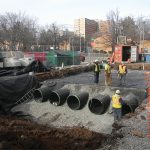On September 18, 2020, Governor Phil Murphy signed into law a key piece of legislation (S232) requiring the New Jersey Department of Environmental Protection (NJDEP) to assess the public health and environmental impacts of certain facilities on what are considered to be “overburdened communities” during the permitting review process.
The new law gives significant importance to environmental justice factors in permitting decisions for industrial projects, affecting new permits and renewals for facilities across the State.
With the passing of this law, New Jersey is now the first state in the U.S. requiring permit denials if an environmental justice analysis determines that a new facility will have a disproportionately negative impact on an overburdened community.
What communities are affected by the new law?
The bill defines an “overburdened community” as any community where 35% of households qualify as low-income according to the U.S. Census, 40% of households are minority, or 40% of households have limited English proficiency. There are approximately 310 municipalities with populations totaling an estimated 4,489,000 that have overburdened communities within their municipalities.
 What facilities are included under the new law?
What facilities are included under the new law?
The NJDEP is required to evaluate the environmental and public health impacts of the following facilities on overburdened communities when reviewing certain permit applications:
- Major sources of air pollution (i.e., gas fired power plants and cogeneration facilities)
- Resource recovery facilities or incinerators
- Sludge processing facilities
- Sewage treatment plants (with a capacity of more than 50 million gallons per day)
- Transfer stations or solid waste facilities
- Recycling facilities (that receive at least 100 tons of recyclable material per day)
- Scrap metal facilities
- Landfills
- Medical waste incinerators (except those attendant to hospitals and universities)
What permits are impacted by the new law?
Pursuant to the new law, “permit” means any individual permit, registration, or license issued by the NJDEP to a facility establishing the regulatory and management requirements for a regulated activity under variety of State laws.
Two exceptions to the list of permits are: (1) any authorization or approval necessary to perform a remediation, as defined pursuant to the New Jersey Brownfield and Contaminated Site Remediation Act; or (2) any authorization or approval required for a minor modification of a facility’s major source permit for activities or improvements that do not increase emissions.
What is required of a permit applicant under the new law?
The law requires a permit applicant to prepare an environmental justice impact statement that evaluates the potential environmental and public health impacts associated with a proposed project located in an overburdened community, whether it be to build a new or expanded facility, or to renew an existing facility permit. The law also includes a requirement for the applicant to organize and conduct a public hearing in the overburdened community.
For more information:
- To read the full legislation (S232) click here.
- To read the Governor’s full press release, click here.
Contact
If you have any questions regarding this subject, or for any environmental consulting needs, please contact:
Michael Metlitz, LSRP
Senior Vice President
![]() mmetlitz@whitmanco.com
mmetlitz@whitmanco.com
![]() (732) 390-5858
(732) 390-5858

Posted on September 30, 2020





